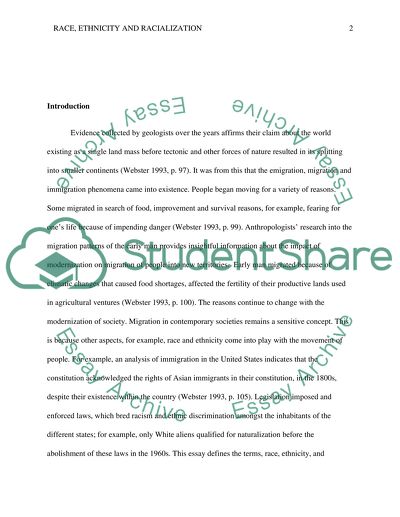Cite this document
(“Race, Ethnicity and Racialization Essay Example | Topics and Well Written Essays - 1500 words”, n.d.)
Retrieved from https://studentshare.org/sociology/1456040-what-is-meant-by-ychraceyie-ethnicity-and
Retrieved from https://studentshare.org/sociology/1456040-what-is-meant-by-ychraceyie-ethnicity-and
(Race, Ethnicity and Racialization Essay Example | Topics and Well Written Essays - 1500 Words)
https://studentshare.org/sociology/1456040-what-is-meant-by-ychraceyie-ethnicity-and.
https://studentshare.org/sociology/1456040-what-is-meant-by-ychraceyie-ethnicity-and.
“Race, Ethnicity and Racialization Essay Example | Topics and Well Written Essays - 1500 Words”, n.d. https://studentshare.org/sociology/1456040-what-is-meant-by-ychraceyie-ethnicity-and.


